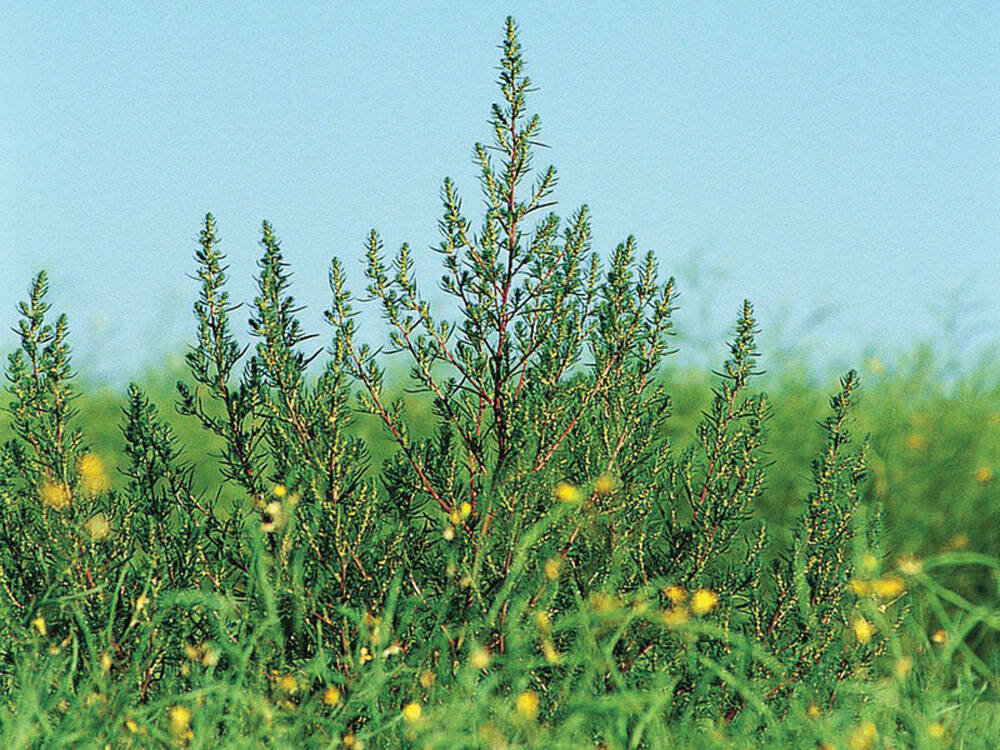A new Institute of Environmental Toxicology at the University of Calgary will look at agricultural runoff among other pollutants in its study of “the nature, fate and persistence of chemical in the environment.”
The institute, launched before Christmas, will also study “remediation of terrestrial and aquatic contamination activities,” the university said in a release.
The institute’s research is expected to provide scientists and policy makers with not only concrete evidence of contaminants’ effects but to offer solutions to address problems.
“We want to exploit advanced techniques and novel approaches to address an urgent need in Canada, and globally to ensure an environment free of harmful chemicals,” the institute’s director, Hamid Habibi, a professor in Calgary’s department of biological sciences, said in the release.
Read Also

FMC Canada unveils 2026 crop protection roster
FMC Canada’s crop protection lineup for 2026 will include four products marketed for control of kochia.
Other areas of study are expected to include pollutants released from wastewater treatment plants and landfills such as plasticizers, surfactants, flame-retardants, drugs, personal care and industrial products.
Habibi also cited “heavy metals or other toxins” from sources such as mines, junked consumer electronics, ag runoff, oil sands and tailing ponds.
Unique to the IET is its involvement of several disciplines including engineers, biologists, different levels of government and investigators from the university’s faculties of medicine and veterinary medicine as well as from the University of Lethbridge and University of Alberta.

















